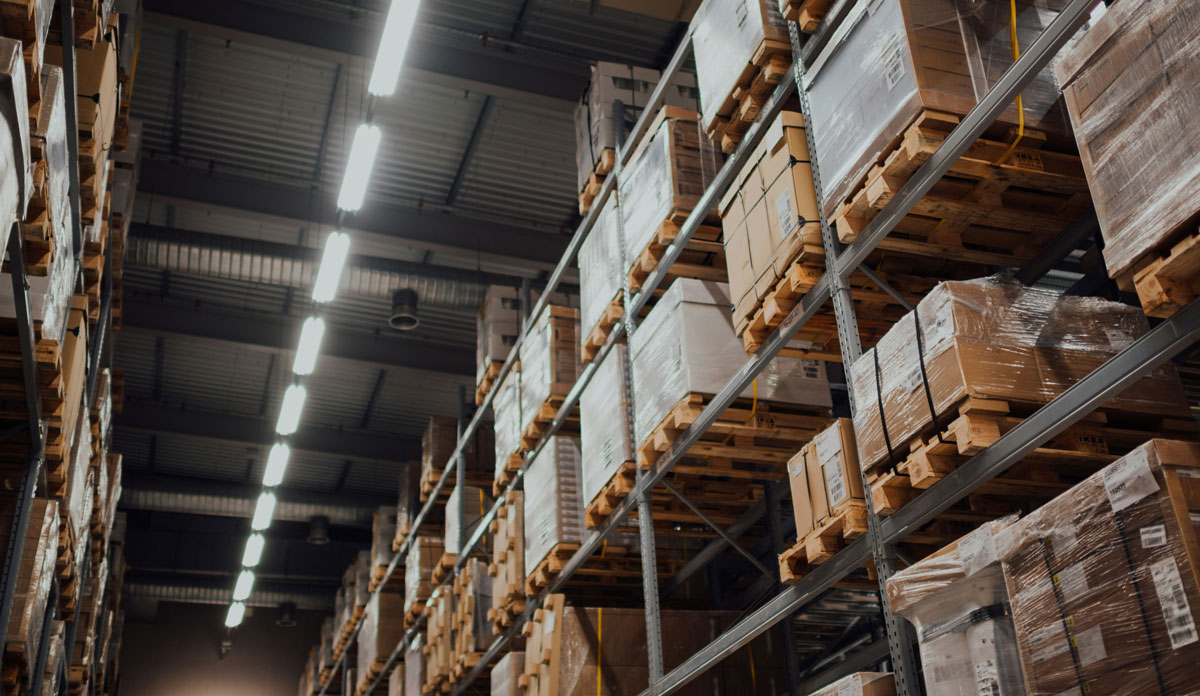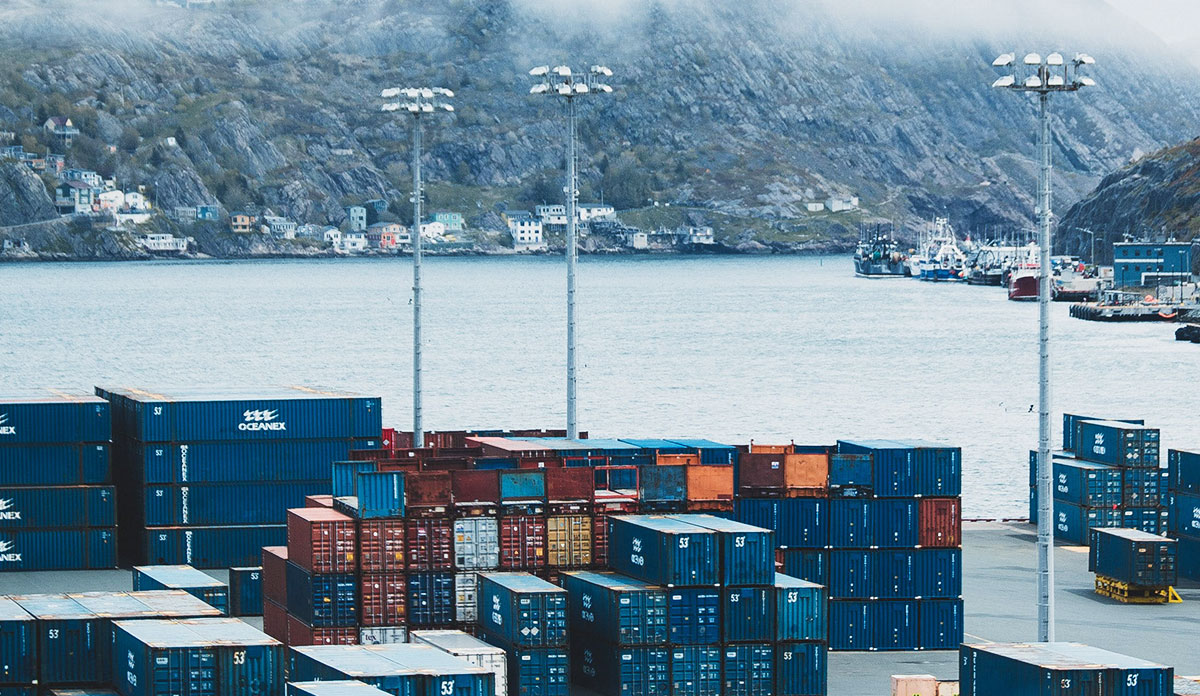
Sourcing Agency vs Trading Company: Key Differences Explained
In today's globalised business environment, sourcing goods and services from overseas markets has become essential for companies looking to stay competitive and expand their operations. However, to successfully navigate the complexities of international trade, businesses often rely on intermediaries such as sourcing agencies or trading companies.
While both can help you with procurement and importing products, their roles, responsibilities, and benefits vary greatly. In this article, we will explore the core differences between sourcing agencies and trading companies, helping you decide which one to choose for your organisation's needs.
What is a sourcing agency?
Sourcing agencies, also known as sourcing agents or buying agents, act as buyers' representatives in the procurement process. They help identify and negotiate with suppliers, overseeing the entire supply chain to ensure that products meet the agreed-upon specifications, budgets, and delivery timelines.
Sourcing agencies are particularly useful for businesses without a presence in the manufacturing country, as they possess in-depth knowledge of the local industry landscape and can effectively bridge the cultural and language barriers that often emerge in international trade. By leveraging their strong supplier relationships, sourcing agencies can help secure advantageous pricing, terms, and conditions for their clients while ensuring the quality and compliance of the products procured.
What is a trading company?
On the other hand, trading companies operate as independent businesses that purchase goods directly from manufacturers and suppliers, import and export them, and resell them to buyers in different countries. As a result, trading companies primarily focus on selling products rather than sourcing services, meaning they generally have a wider product range but less flexibility regarding customisation or specific requirements.
Trading companies usually have established logistics infrastructure, leading to faster turnaround times and lower shipping costs. However, since they act as middlemen and mark up the prices of the goods they sell, partnering with a trading company may result in higher costs than working directly with suppliers or sourcing agencies.
How to choose the right option for your business
When deciding between a sourcing agency and a trading company, several factors come into play. Businesses should consider their specific needs regarding product customisation, order volume, quality control, logistics, and the level of involvement they wish to have in the sourcing process. By evaluating these aspects and comparing the services offered by sourcing agencies and trading companies, organisations can make a strategic decision that optimises their procurement efforts and enhances their overall international business performance. The following sections will provide a comprehensive analysis and comparison of the key features, benefits, and drawbacks of both sourcing agencies and trading companies, equipping you with the knowledge necessary to choose your business.
Understanding Sourcing Agencies
A sourcing agency can be seen as an extension of the buyer's business within the manufacturing country, focusing on procuring goods according to the buyer's specifications. They are responsible for identifying and shortlisting suppliers, conducting background checks, and performing due diligence to ensure that suppliers meet the required quality and compliance standards.
One of the primary benefits of partnering with a sourcing agency is their extensive knowledge of the local market and industry landscape, which can be invaluable for companies without a presence in the manufacturing country. Sourcing agencies are well-equipped to handle language barriers, cultural differences, legal requirements, and quality control challenges. By leveraging their relationships with suppliers, they can negotiate favourable pricing, terms, and conditions on behalf of their clients.
However, choosing a reputable and experienced sourcing agency is crucial, as their competence will directly impact the quality of the products procured, the efficiency of the supply chain, and the overall success of the procurement process.
Exploring Trading Companies
Trading companies are independent businesses that source, import, and export goods from manufacturers and suppliers globally. Unlike sourcing agencies, trading companies purchase goods in bulk and resell them to buyers.
One of the advantages of working with a trading company is its established logistics infrastructure, which can streamline the shipping process and potentially reduce costs. As trading companies handle many different buyers and products, they may also have more experience with international shipping, customs, and other logistical challenges associated with global trade.
Nonetheless, partnering with a trading company may not be ideal for businesses with specific requirements or customisation needs, as these companies often focus on the sale of standard, off-the-shelf products. Furthermore, since trading companies are middlemen buying and reselling goods, they typically mark up the prices, potentially resulting in higher costs than direct sourcing or working with a sourcing agency.
Choosing the Right Partner: Criteria to Consider
When deciding between a sourcing agency and a trading company, businesses should consider several factors:
1. Product Customisation:
Sourcing agencies are usually better suited for companies sourcing customised or bespoke products. As they work directly with manufacturers and suppliers, they can effectively communicate their clients' specifications, ensuring that the final product aligns with the desired outcome. On the contrary, trading companies tend to offer pre-made goods with limited customisation options.
2. Quality Control and Compliance:
Sourcing agencies typically have robust quality control and compliance processes in place, as they are directly responsible for ensuring that sourced products meet their clients' requirements. A trading company may have less stringent quality control procedures, given their focus on product sales rather than procurement services.
3. Relationships and Negotiations:
A reputable sourcing agency will possess strong relationships with suppliers and manufacturers, enabling them to negotiate favourable terms, costs, and conditions on behalf of their clients. In contrast, while trading companies might have well-established supplier networks, their objective is to maximise their profits, which could lead to higher markups and, thus, increased costs for the buyer.
4. Logistics and Shipping:
Trading companies often have an advantage in logistics and shipping, given their established infrastructure and experience managing international shipments. However, weighing this benefit against the potential drawbacks, such as limited customisation options and higher costs, is essential.
Making the Right Choice for Your Business
The decision between partnering with a sourcing agency or a trading company ultimately depends on each business's unique needs and objectives. Companies requiring tailored products, stringent quality control, and the potential for cost savings may find sourcing agencies a more suitable option. On the other hand, businesses prioritising a wide product range, well-established logistics, and streamlined shipping processes might prefer working with trading companies.
By carefully evaluating their specific requirements and considering the benefits, drawbacks, and functions of sourcing agencies and trading companies, businesses can make an informed decision supporting their international trading needs. If you decide to partner with a reliable product sourcing agency, contact Epic Sourcing!
Related Articles
Let’s Make It Epic
We're here to make sourcing simple – and a whole lot less stressful.

.svg)

.svg)





